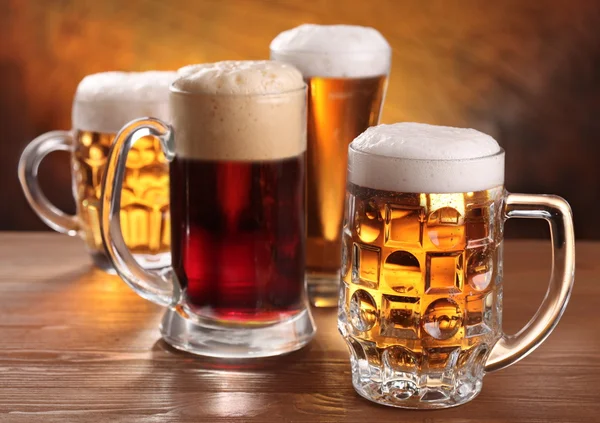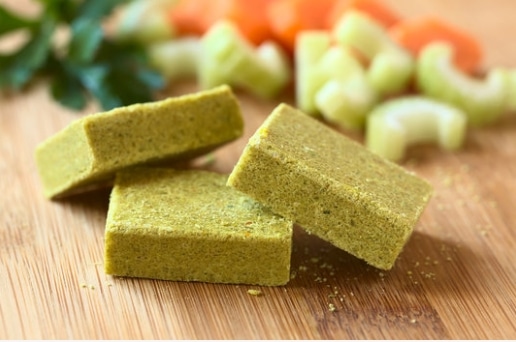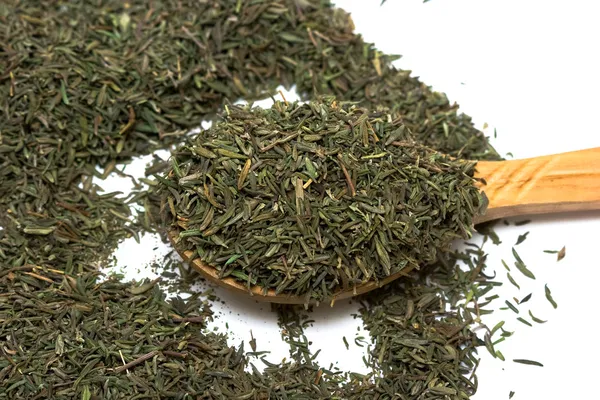Beer is one of the world’s oldest and most beloved beverages, but it can also be one of the most damaging to your health.
While a cold brew after a long day may seem like the perfect way to relax, drinking too much beer can have a number of serious health consequences.
With further ado, this article will delve into the health effects of drinking too much beer and provide tips on how to enjoy this popular beverage in moderation.
Health Effects of Drinking Too Much Beer
Here are some negative ways that drinking too much beer can affect your health:
1. Liver Inflammation
When you drink too much, your liver risks becoming inflamed.
This is because alcohol causes inflammation in the liver and increases the production of enzymes released into the blood.
If a person has cirrhosis or an autoimmune disease, these conditions will also affect their ability to metabolize alcohol effectively.
2. Abdominal fat accumulation and weight gain
The second and perhaps most critical health effect of drinking too much beer is weight gain.
Not only does beer contain plenty of calories, but it also contains sugar and carbohydrates that can lead to excess weight gain.
The high sugar content in some beers can easily cause you to get tired after just one or two glasses.
This means that when you’re sitting on the couch at home watching TV or listening to music during the day, nothing will stop you from drinking more than you should.
Furthermore, high alcohol intake from drinks like beer has been associated with an increased risk of belly fat gain in some studies.
For instance, a study discovered that men who consumed more than three drinks per day were 80% more likely to have a significant amount of belly fat compared to those who consumed less alcohol.
3. Increased risk of cardiovascular diseases
When you drink too much beer, your blood becomes saturated with alcohol and can’t transport oxygen properly to your organs.
As a result, your heart may start to fail or be unable to circulate blood as efficiently as it should. This can lead to death if not treated soon after symptoms appear (heart attack).
4. Damaged muscle cells
When you constantly consume large amounts of alcohol, your liver will be unable to process all of it.
This means that the body absorbs more than it can metabolize, which can lead to a buildup of toxins in the blood and other organs.
The result is damaged muscle cells from excessive drinking.
5. Weakened immune system
Alcohol consumption has been shown to affect the immune system, and this can lead to weakened health.
The liver plays a key role in helping your body fight off infections and cancer, so it’s no surprise that drinking too much alcohol can weaken the immune system.
Alcohol also causes inflammation which leads to other health problems like heart disease or high blood pressure (hypertension).
6. May cause pancreatitis
You may be wondering why this is a severe condition.
Pancreatitis is an inflammation of the pancreas that causes stomach pain and diabetes. It is caused by gallstones; it’s more common with high-alcohol consumers.
Since there are no symptoms until you’re in worse shape than before drinking too much beer, most people don’t know they have pancreatitis until it’s too late.
Symptoms include severe pain in the upper abdomen, loss of appetite, and nausea or vomiting (though not always).
If left untreated, this condition could lead to death because your body won’t be able to process food properly while suffering from pancreatic inflammation.
There are studies that show that long-term regular consumption of beer might cause pancreatitis.
7. Development of cancerous tumors
Drinking too much beer and other alcoholic beverages has been linked to an increased risk of several types of cancer, including cancers of the mouth, throat (pharynx), voice box (larynx), esophagus, liver, colon, rectum, and breast (in women).
Some studies have also suggested that alcohol consumption may increase the risk of stomach and pancreatic cancers.
In fact, it was discovered that the drinking of too much alcohol damages the DNA of healthy cells, so they become more susceptible to mutations that lead to cancer.

How To Drink Beer In Moderation
Here are some tips on how to enjoy beer in moderation:
- Pace yourself: Sip your beer slowly and take breaks between drinks. This will help you enjoy your beer while keeping your alcohol intake in check.
- Set limits: Decide how many beers you want to have before you start drinking and stick to it. This will help you avoid overindulging and keep you in control. You can decide to drink alcohol only on special occasions and events.
- Alternate with water: Drinking water between beers can help you stay hydrated and slow down your alcohol consumption.
- Opt for lower alcohol content: Choose beers with lower alcohol content so that you can enjoy more without getting too drunk.
- Know your triggers: If you know that certain situations or emotions trigger you to drink more than you intend to, try to avoid them or find healthier ways to cope.
Conclusion
Beer is a popular beverage, but the above health effects of drinking too much beer have shown that it can lead to serious health problems. Even if you are not overweight, excessive alcohol consumption can damage your liver and kidneys. By enjoying your beer in moderation, you can still have a good time without putting yourself at risk. So, be mindful of your alcohol intake, and make sure to take care of yourself and those around you.
YOU SHOULD ALSO READ:
- 7 Worrying Health Effects of Late-night Sleeping
- 7 Potential Health Risks Of Regular Fast Food Consumption
- 7 Bad Health Effects Of Junk Food On Students
- 5 Adverse Health Effects of Eating Too Much Meat
- 7 Negative Health Effects of Late Night Eating
- 5 Health Effects Of Eating Too Much Pepper
- 6 Sad Health Effects of Overworking
- 3 Health Effects Of Poor Sanitation
- 5 Damaging Health Effects Of Overthinking
- 10 Negative Health Effects Of Too Much Sugar
- 6 Negative Health Effects Of Bleaching Skin
- 7 Negative Health Effects Of Too Much Sleep
- 5 Adverse Health Effects of Poor Lighting
Collins Nwokolo is a human physiologist, writer and health enthusiast. He loves writing helpful articles on health and fitness, which he enjoys sharing with everyone.







